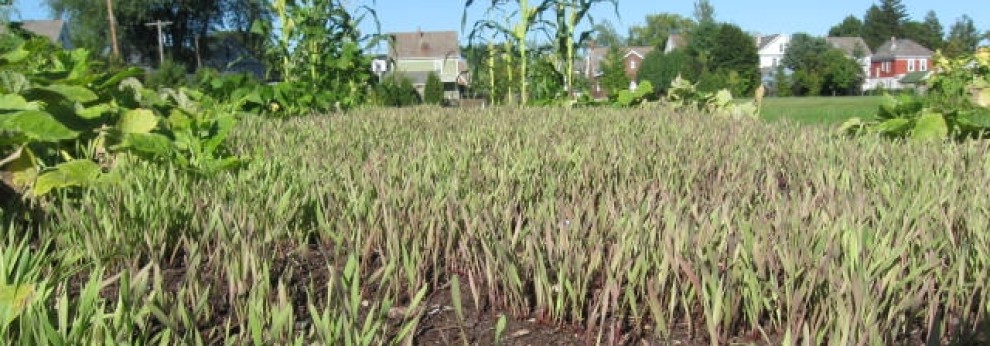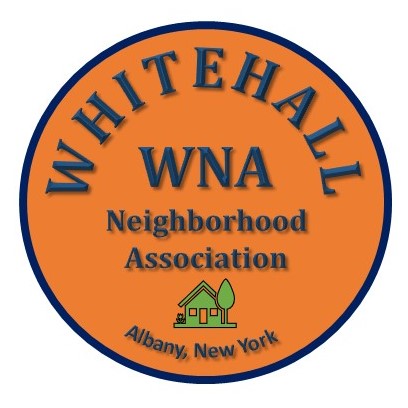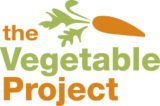 With this holiday season upon us, I am writing to ask you to consider making a gift to the Vegetable Project. It’s as easy as clicking here to initiate an online payment.
With this holiday season upon us, I am writing to ask you to consider making a gift to the Vegetable Project. It’s as easy as clicking here to initiate an online payment.
The Vegetable Project has been working to create hands-on teaching and learning opportunities in Albany schools since 2009. With your help, we will make touching and tasting and really doing a bigger part of students’ learning experience. We will bring more students aboard as members of our teaching team. We will develop an outdoor classroom at Myers Middle School. We will make a difference in the lives of students who are not thriving in the main school program.
With gardens at Myers Middle School and Albany High School, we lead kids outdoors to drop seeds in soil and to pull carrots and garlic out, to leave science class recitation about producers, consumers and decomposers behind as we introduce them to the real things, and to capture nature’s power to build equanimity. With produce from those gardens and sometimes just a bit of seasoning and other times real kitchen experiences, we overcome resistance to trying unfamiliar tastes. And with constraints that come with a locale that has four seasons, we build teaching and learning opportunities around hardy plants that make it through cold months in simple greenhouses and tender plants that grow under indoor lighting.
The Vegetable Project, led entirely by volunteers, does all of this and more in classrooms, after school and through paid employment of teens, during the school year and over the summer. And it does this with a particular focus on students with the great challenges in their lives, who typically pose the greatest challenges at school, who would benefit most from touching, tasting, doing and having more contact with nature.
Please learn more about the Vegetable Project at https://vegetableproject.org and https://www.facebook.com/vegetableproject. Please support our work to build hands-on teaching and learning opportunities, to reach more kids and to create an outdoor classroom at Myers that will make taking classes outside occasionally an irresistible option for teachers.
We are a 501c3 nonprofit corporation, making your contributions deductible to the extent allowable based on your specific circumstances.
Thanks very much and Happy Holidays!
–Bill Stoneman



 rowing healthy children. Working in schools where academic outcomes are often discouraging, we suspect that healthy, nurturing relationships with adults and educators can make a positive difference.
rowing healthy children. Working in schools where academic outcomes are often discouraging, we suspect that healthy, nurturing relationships with adults and educators can make a positive difference.




